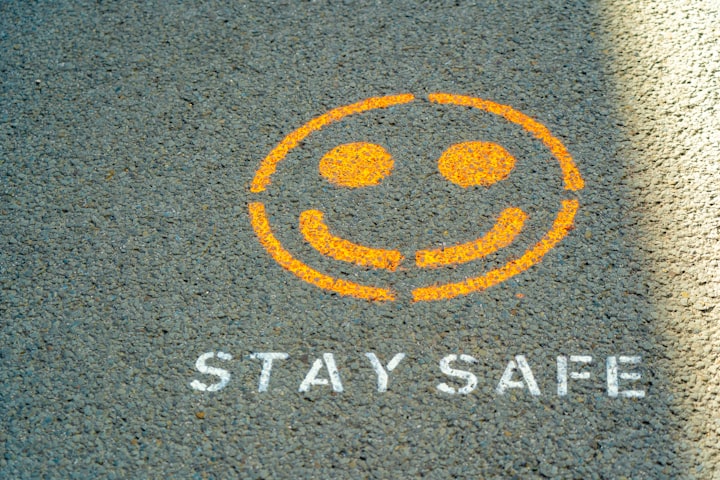
(This is for parents and teens)
Dealing with teens who are engaging in sexual relationships can be challenging, but it is important to approach the situation with understanding, open communication, and a focus on education and safety. Here are some ways to handle this situation:
1. Open and non-judgmental communication: Create a safe and non-judgmental space for your teen to talk openly about their relationships and sexuality. Encourage them to express their thoughts, concerns, and questions without fear of criticism or punishment.
2. Provide accurate information: Ensure that your teen has accurate and age-appropriate information about sex, contraception, sexually transmitted infections (STIs), consent, and healthy relationships. Be prepared to answer their questions and address any misconceptions they may have.
3. Promote responsible behavior: Emphasize the importance of consent, healthy boundaries, and respect in relationships. Educate your teen about the potential emotional, physical, and legal consequences of engaging in sexual activity. Encourage them to make informed decisions and to consider the potential risks and responsibilities associated with sexual relationships.
4. Discuss contraception and safe sex practices: Talk to your teen about the importance of using contraception to prevent unintended pregnancies and protect against STIs. Provide information about different methods of contraception and encourage them to speak with a healthcare professional for guidance and access to contraceptives.
5. Encourage abstinence as an option: While promoting responsible behavior, it is also important to discuss abstinence as a valid choice. Reinforce the idea that it is okay to wait until they feel ready for sexual activity and that they should never feel pressured into doing something they are not comfortable with.
6. Set boundaries and rules: Establish clear boundaries and rules regarding dating, curfews, and privacy. Discuss your expectations and values, while also allowing room for negotiation and compromise as your teen grows and matures.
7. Seek professional guidance if needed: If you feel overwhelmed or unsure about how to address the situation, seek guidance from a healthcare professional, therapist, or counselor who specializes in adolescent sexual health.
Remember, the goal is to maintain open lines of communication, provide support, and ensure your teen's safety and well-being.
How to use protection as a teen
Using protection as a teen is crucial for preventing unintended pregnancies and reducing the risk of sexually transmitted infections (STIs). Here are some steps to help you use protection effectively:
1. Educate yourself: Learn about different methods of contraception and their effectiveness. Understand how to properly use each method, including condoms, birth control pills, patches, or implants. Seek accurate information from reliable sources such as healthcare professionals, reputable websites, or sexual health organizations.
2. Choose the right method: Consider your individual needs and preferences when selecting a method of contraception. Some options, like condoms, also provide protection against STIs. Speak with a healthcare professional to determine the most suitable method for you.
3. Use condoms consistently and correctly: If you decide to use condoms, it is important to use them correctly every time you have sex. Read the instructions carefully and practice using them before engaging in sexual activity. Ensure that the condom is not expired, check for any visible damage, and use a new one for each sexual encounter.
4. Access contraception: If you are considering hormonal methods of contraception, such as birth control pills or patches, consult a healthcare professional. They can provide information about the different options available, prescribe the appropriate method, and guide you on how to use it effectively.
5. Communicate with your partner: Talk openly with your partner about contraception and the importance of using protection. Both partners should take responsibility for their sexual health and agree on using contraception consistently.
6. Get tested for STIs: Regularly get tested for STIs, even if you and your partner have been using protection. Many STIs can be asymptomatic, so it's essential to get tested to ensure your sexual health.
7. Emergency contraception: In case of a contraceptive failure or unprotected sex, consider emergency contraception (e.g., morning-after pill). It is most effective when taken as soon as possible after unprotected sex, so seek advice from a healthcare professional promptly.
8. Seek support and guidance: If you have questions or concerns about using protection, don't hesitate to seek advice from a healthcare professional, sexual health clinic, or a trusted adult. They can provide accurate information and support to help you make informed decisions about your sexual health.
Remember, using protection consistently and correctly is essential to reduce the risk of unintended pregnancies and STIs. It is crucial to prioritize your sexual health and well-being.





Comments
There are no comments for this story
Be the first to respond and start the conversation.